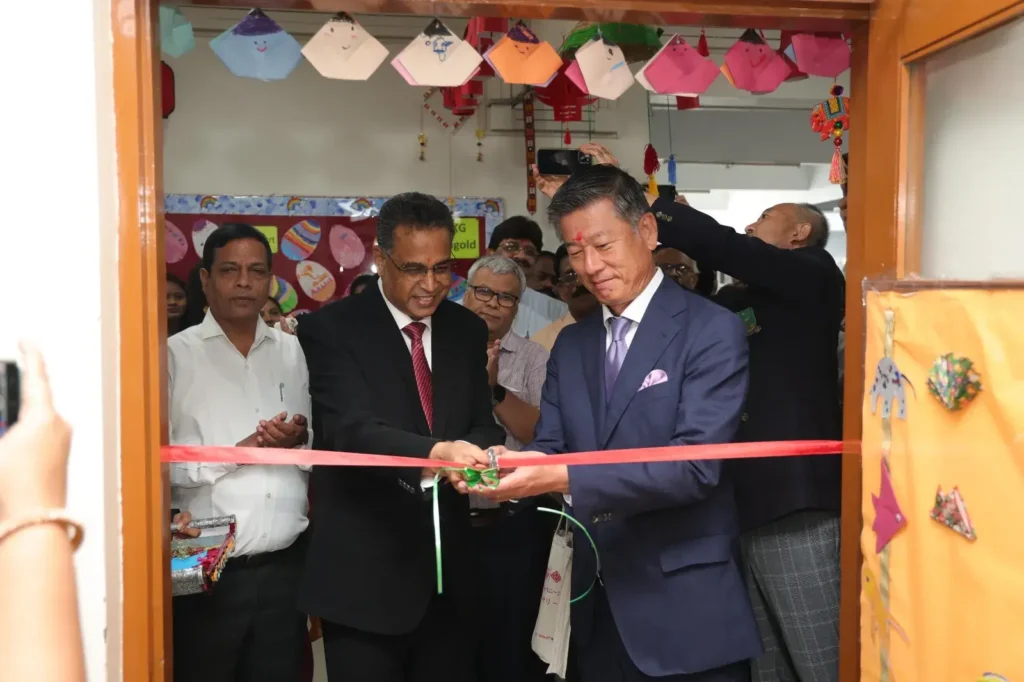Maharashtra Educators Honored: Kolhapur’s Dance Champion and Gadchiroli’s Tribal Advocate Win National Award
Two distinguished educators from Maharashtra, Sagar Bagade of Sou SM Lohia High School and Junior College, Kolhapur, and Mantaiah Bedke of Zilla Parishad Upper Primary Digital School, Jajavandi, Gadchiroli, are among the 50 recipients of the National Teachers’ Award 2024, as announced by the Union Ministry of Education. Sagar Bagade, a 57-year-old Art teacher from Kolhapur with over 30 years of experience, has earned accolades, including two Asia Pacific Book of World Records for folk dance performances with his students. “I wasn’t sure Art teachers were considered for this award, but I remained hopeful after making it to the finals,” said Bagade, who is set to retire next year. He believes in a unique approach to education, focusing on careers in the arts for students who may struggle academically. Post-retirement, he plans to extend his educational philosophy to children in remote areas of Maharashtra. Meanwhile, Mantaiah Bedke, a 42-year-old primary school teacher in Etapalli, Gadchiroli, has been working with students from the Madiya Aadiwasi community since 2010. Starting with just seven students in classes 1 to 4, the school now boasts 138 students up to class 7, with Bedke playing a pivotal role in expanding the faculty and resources, including the addition of a projector and smart TV through community support. Despite these advancements, secondary education remains a challenge, as students must travel to Etapalli. Both educators will be honored on September 5, Teachers’ Day. Last year, Maharashtra’s Mrunal Ganjale from Pimpalgaon Mahalunge ZP school in Pune’s Ambegaon received the same award for her contributions to technological advancements in the classroom. Source: Indian express


